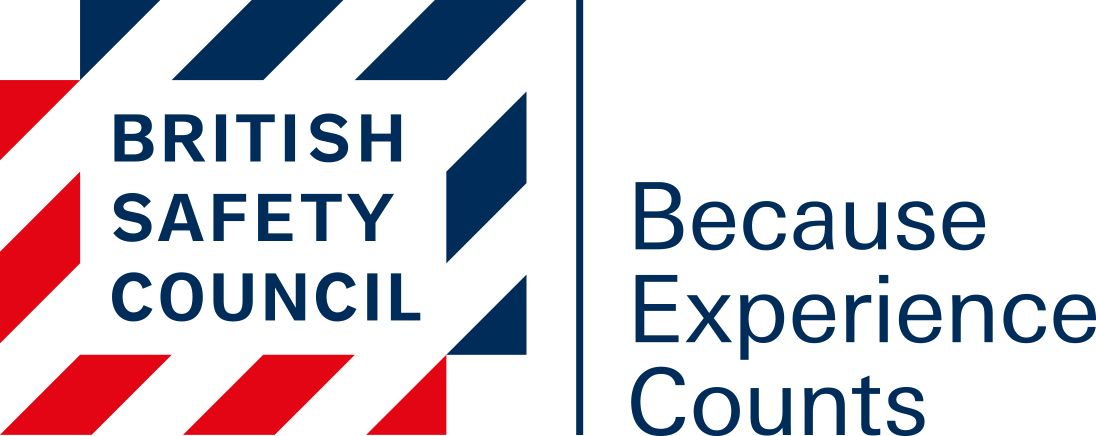How to help for your employees quit smoking
Learn how to support your team members in quitting smoking to improve their health and productivity. Discover practical strategies and proven resources.

John Dicey, Global CEO & Senior Therapist, Allen Carr’s Easyway was asked to advise the British Safety Council – Safety Management, about how to provide effective wellbeing assistance to employees – and essentially – to maximise employee engagement. AS the British Saftey Council put it “Their [Allen Carr’s Easyway’s] positive and supportive approach is worth a read for informing any wellbeing programmes that address addiction”.
Most good employers and those in charge of employee health and wellbeing/wellness programmes – will see National No Smoking Day as an opportunity to extend support to colleagues who smoke, to help them to make positive changes. And rightly so. At Allen Carr’s Easyway, we champion anything that helps smokers to quit and over the last 35 years we’ve helped more than 50 million people worldwide.
Avoid the appearance of being ‘preachy’
While awareness days can be a good prompt or reminder, many smokers are put off by the concept which they can interpret as judgemental, invasive, or ‘preachy’. Indeed, for maximum effectiveness, employee wellbeing should be addressed through a carefully planned, year-round strategy – that is not limited to approaches like a once-a year campaign on quitting smoking. For instance, workers often benefit from (and genuinely welcome), well-thought-out support and inspiration provided in the workplace that is aimed at helping them to improve their health, such as by losing weight, eating healthily, dealing with stress, exercising more often, or reducing alcohol consumption.
Covid has been a gamechanger
As the leading authority on addiction, self-help, and personal development, at Allen Carr’s Easyway we have seen a distinct change in the way employees respond to company health initiatives post-pandemic. This means employers need to be flexible in the way they support staff. Restrictive, prohibitive, or demanding messaging and policies around worker wellbeing (including stopping smoking), will not garner the intended positive response. To change any negative behaviour around personal health, employees need to feel genuinely encouraged and supported and some will want and prefer to engage with an employer’s initiative on a confidential basis.
The impact of Covid-19 saw negative behaviours, such as smoking, drinking, gambling, overeating, sugar and carbohydrate addiction, increase over the numerous lockdowns and imposition of restrictions. And the effects of this will be felt in the workplace for several years to come – for example, with a potential decline in workers’ general physical and mental health affecting their overall contribution and performance at work, and equally importantly the happiness, contentedness, vigour, and positivity in their personal lives.
Back to the workplace
With many people now starting to return to the physical workplace, I would suggest that rather than restricting messaging on the benefits of good health to one-off campaigns like National No Smoking Day, employers should have a wider, ongoing, open, and gently messaged approach to staff about poor health behaviours and how the business will always seek to support those who wish to make positive changes to their lifestyle.
For example, although people who consume excessive amounts of alcohol or misuse drugs will often feel uncomfortable speaking to their employer about their struggles with these substances, it is good practice for employers to support those who want to change their relationship with these substances. How an employee receives that help without potentially scuppering their career prospects is often a huge obstacle to those most in need of urgent support.
There are also other behaviours that may not be viewed as having a particularly serious impact on workers’ health, safety and productivity but can nevertheless negatively affect people’s ability to perform to the best of their potential, impact on their concentration and increase the risk of errors – for instance, due to fatigue. These include stress, poor diet, poor sleep, late night gambling or gaming, and smartphone addiction to name just a few.
The more addictions and issues you can help with – the better
Therefore, when seeking to highlight the benefits of healthy behaviours – and implement programmes to support people to make healthy choices – employers should take a holistic, 360° approach. They should seek to offer support to workers on all aspects of good health, as this will avoid ‘demonising’ and alienating people by targeting just a single harmful addiction or behaviour – such as just targeting smokers.
We’ve found that a gentle, ambient approach to providing access to support rather than, “in your face” health warnings or messaging is not only appreciated by employees who remain aware of the variety of wellbeing services to which they have access and access them as an when required, but also attracts far more employees to do so. Importantly, this includes large numbers of people who are turned off by more traditional “health campaign” messaging, and crucially, are also often those in the direst need of help and support.
Something different, exciting, and new
If you are looking to do something specifically encouraging people to stop smoking, remember that smokers already know that it is unhealthy, costly, and often anti-social to smoke. At Allen Carr’s Easyway, we instead focus on the reasons why people smoke, rather than why they shouldn’t. We work to remove the smoker’s belief that smoking provides any sort of genuine pleasure or crutch. We get would-be quitters to see the experience of stopping smoking itself as positive rather than feeling that they are “giving up” something precious or rewarding. It takes around 5 hours at our Live Group Seminars to achieve that, and we hold the seminars at our corporate clients’ premises, at our own venues, or via Zoom.
Aside from our Live Group Seminars, our Wellbeing at Work package of Online Video Programmes cover a whole host of addictions and issues, providing 24/7/52 access for employees.
Read more about our Health & Wellbeing Pack for Corporates
According to the latest ONS statistics, around one in four (25.9 per cent) of people in the UK who work in routine and manual occupations smoke, compared with one in 10 people in managerial professions. If you are seeking to encourage any smokers to stop smoking, it is important to offer them something a little bit different. Many will have tried nicotine patches and gum, vaping, and a host of other ways of quitting smoking – so providing a fresh, exciting, dynamic offer of help to them is essential.
Our ongoing Wellbeing at Work package does exactly that, as do our Live Group Seminars for quitting smoking if you want to focus just on that.
Contact us regarding any workplace wellbeing needs you would like our help with – even if it’s just to discuss some options.
Contact us about employee wellbeing
Read more about our Health & Wellbeing Pack for Corporates
Read full article in British Safety Council





